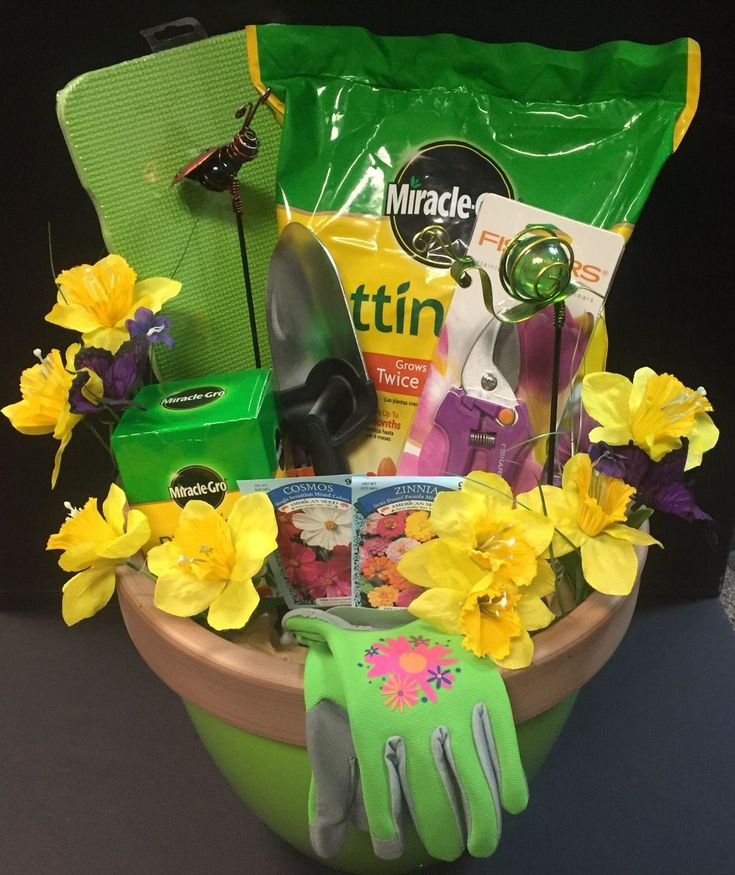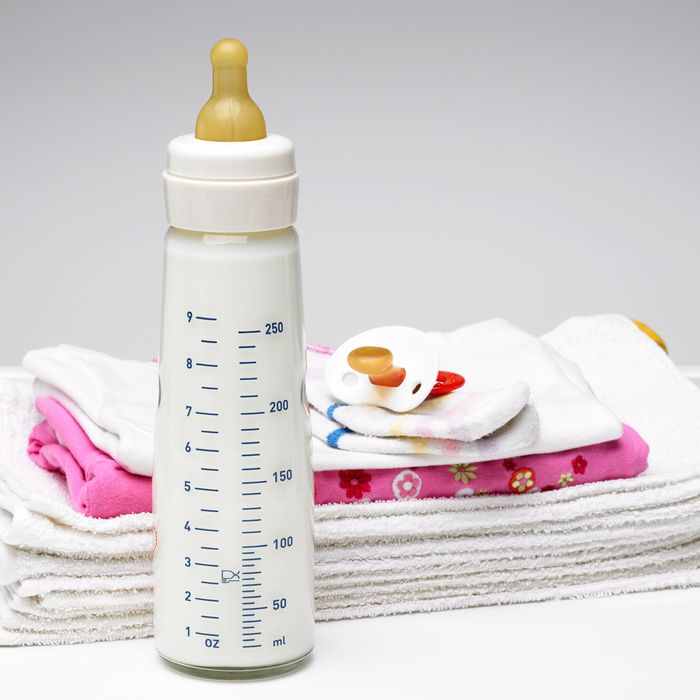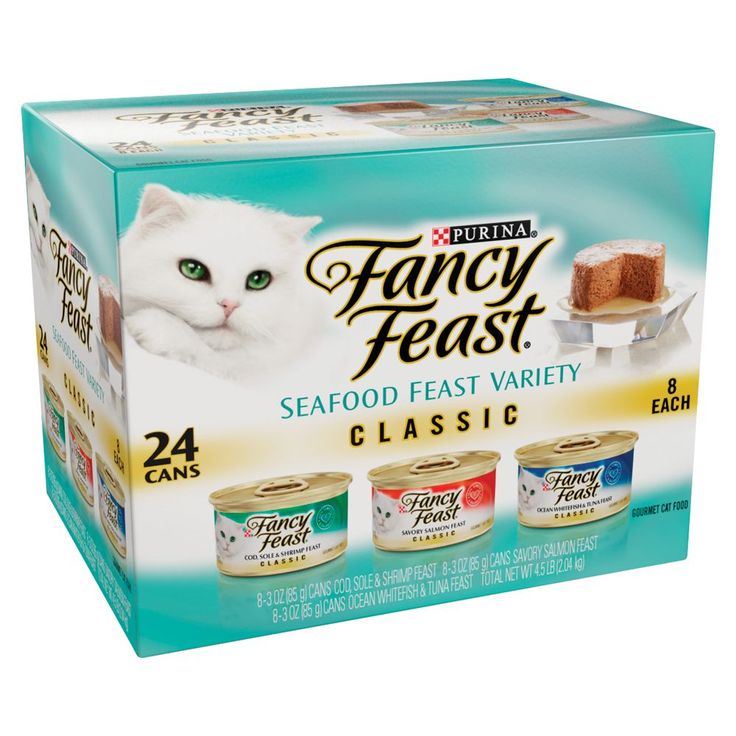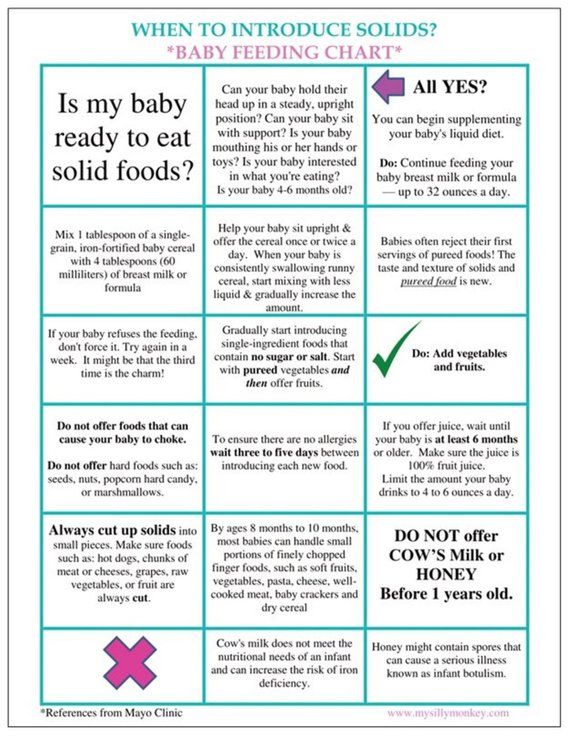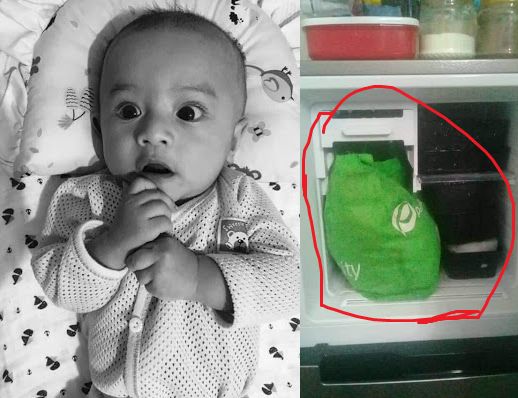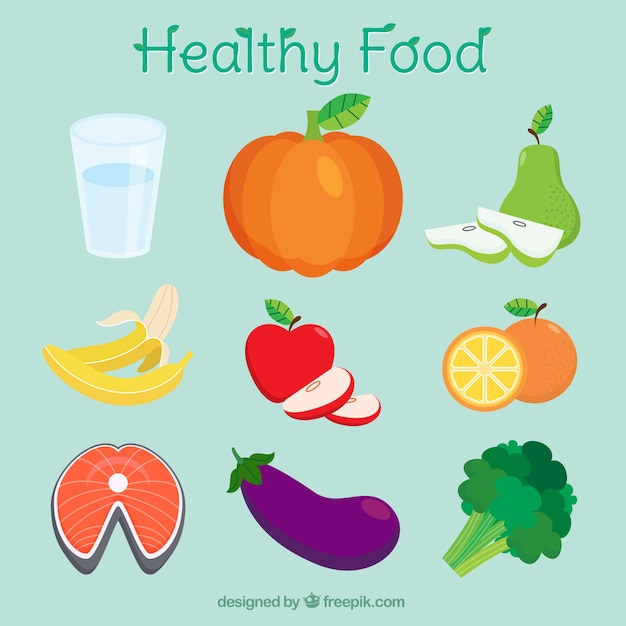Raffles garden baby food
Rafferty's Garden Baby Food Pouches 120g
- Product
- Description
- What's in the box
Description
Highlight
- Ready to eat baby puree
- Suitable for 6+ months | 120g
- NO artificial colours or flavours
- NO preservatives
- NO added salt or sugar
- NO added concentrates
- NO added juices
- NO GM ingredients
Best Before :
6m+
Apple - Oct 2023
Apple, Mango, Sweet Potato - July 2023
Apple, Banana & Peach - Oct 2023
Apple, Pear & Cinnamon - Sept 2023
Apple, Pear & Cinnamon Porridge -
Banana, Pear & Mango -
Banana, Pear & Mango Porridge - Apr 2023
Blueberry, Banana & Apple - Oct 2023
Carrot, Sweet Potato & Barley -
Rice Cereal, Pear, Banana & Milk - Apr 2023
Pear - Sept 2023
Pear & Apricot - Oct 2023
Pear & Prune -
Pear & Superberries - Sept 2023
Pumpkin, Apple & Sweetcorn - Sept 2023
Pumpkin, Pear & Peach - Apr 2023
Pumpkin, Spinach & Pasta - Oct 2023
Risoni Pasta Vege - Sept 2023
Spinach, Apple, Broccoli & Pea - Sept 2023
Summer Fruits & Quinoa - Apr 2023
Sweet Potato, Carrot & Apple - Sept 2023
8m+
Blackbean, Corn & Quinoa -
Brown Rice, Bean & Pumpkin - Aug 2023
Chickpea, Corn & Carrot - Oct 2023
Lentil, Carrot & Sweet Potato - Sept 2023
We've got something to suit everyone!
The idea of your baby starting solid food is an exciting one, but many parents aren’t sure about exactly when is the right time to start introducing solids. The truth is, there is no exact time when every baby will be ready for first foods, you have to look for the signs that your baby might be. Watch out for the signs of when to start solids – see our starting solids guide. Introducing your baby to their first taste of solids is one of the most exciting and memorable developmental milestones for your little one!
When your infant is ready, at around 6 months, but not before 4 months, start to introduce a variety of solid foods. Around this time you should now be tickling your babies taste buds with their first solid foods. Around 6 months old is the perfect time to explore new flavours and textures with your baby.
At 10 months age stage, keep introducing new textures and interesting flavours into their feeding routine. Your baby will be much more independent at 10 months old, wanting to hold their food bowl by themselves and deciding which foods they want to eat.
Our 6+ Month smooth baby food puree pouches contain fruit, vegetables and nothing else.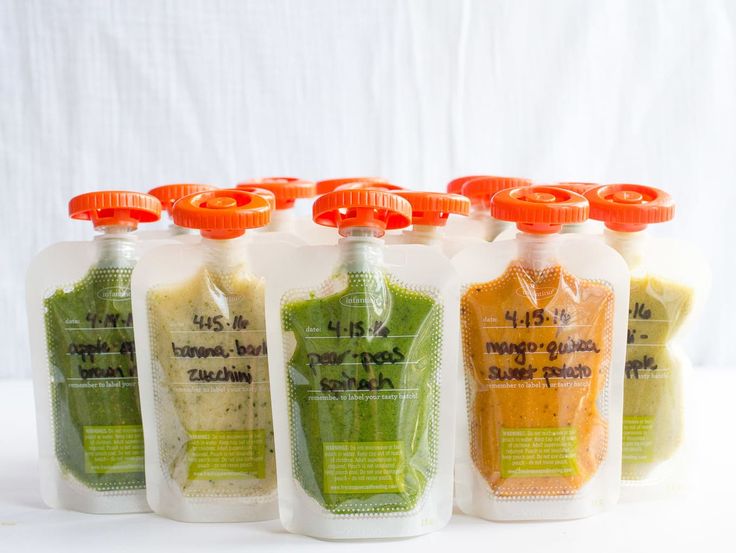 That's right, no artificial additives, preservatives, salt, sugar, juices, concentrates OR GM! Just delicious, nutritious goodness for your baby. Our 6+ Month baby food puree pouches are the ideal choice to help your baby get the best nutritional value from their meals.
That's right, no artificial additives, preservatives, salt, sugar, juices, concentrates OR GM! Just delicious, nutritious goodness for your baby. Our 6+ Month baby food puree pouches are the ideal choice to help your baby get the best nutritional value from their meals.
Our 8+ Month baby food mash pouches are packed full of veggie goodness and contain no artificial colours or flavours, preservatives, added salt or sugar or GM ingredients. The choice your baby will love.
Our 10+ Month baby mini meal pouches are delicious and nutritious lunch and dinner options for your baby. Packed with flavour and nutrients from meat and veg, with vegetarian options, your baby won't be disappointed!
There's a reason Rafferty's Garden are voted the Number 1 baby food by Australian mums!
Rafferty's Garden 6 Month Baby Food Pouches are also proudly made in Australia.
To serve : Yummy cold or warm! To serve warm, stand the pack in a jug of hot water. Simply shake, then squeeze into a bowl or straight onto a spoon.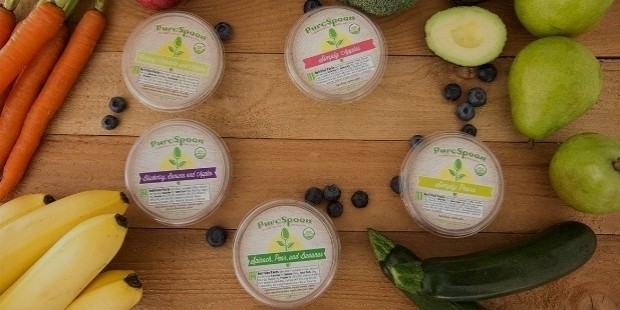
Apple, Banana & Peach
Ingredients
Apple (60%), Banana (30%), Peach (10%), <0.5% Fruit Acid (Citric Acid).
Apple, Pear & Cinnamon
Ingredients
Apple (60%), Pear (39.9%), Cinnamon (0.1%), <0.5% Fruit Acid (Citric Acid).
Pear & Apricot
Ingredients
Pear (85%), Apricot (15%), <0.5% Fruit Acid (Citric Acid).
Pear & Prune
Ingredients
Pear (91%), Prune (9%), <0.5% Fruit Acid (Citric Acid).
Pear & Superberries
Ingredients
Pear (88%), Blueberry (8%), Blackcurrant (2%), Acai (2%), <0.5% Fruit Acid (Citric Acid).
Quinoa, Apple & Apricot
Ingredients
Apple(60%), Water, Dried Apricot (8%), Quinoa (4%), Citric Acid.
Pumpkin, Apple & Sweetcorn
Ingredients
Apple (65%), Pumpkin (20%), Sweetcorn (15%), <0.5% Fruit Acid (Citric Acid).
Rice Cereal, Pear, Banana & Milk
Our Rice Cereal is a delicious baby brekkie option made with brown rice, milk and fruit. It’s a convenient breakfast option for your baby.
It’s a convenient breakfast option for your baby.
Ingredients
Banana (50%), Pear (22%), Water, Rice Cereal (8%) (Organic Brown Rice, Organic Sunflower Oil, Sunflower Lecithin, Electrolytic Iron), Whole Milk Powder (3%), Lemon Juice, Citric Acid.
Contains: Milk.
Spinach, Apple, Broccoli & Pea
Our Spinach, Apple, Broccoli & Pea is a tasty green combination of fruit & veggies that your baby is sure to love.
Ingredients
Apple (70%), Pea (18%), Broccoli (8%), Spinach (4%), <0.5% Fruit Acid (Citric Acid).
Sweet Potato, Carrot & Apple
Our delicious Sweet Potato, Carrot & Apple pouch is a smooth puree that your baby is sure to love.
Ingredients
Apple (60%), Sweet Potato (25%), Carrot (15%), <0.5% Fruit Acid (Citric Acid).
Mango, Apple & Sweet Potato
Our Mango, Apple & Sweet Potato pouch is a delicious combination of fruits with hidden veggies.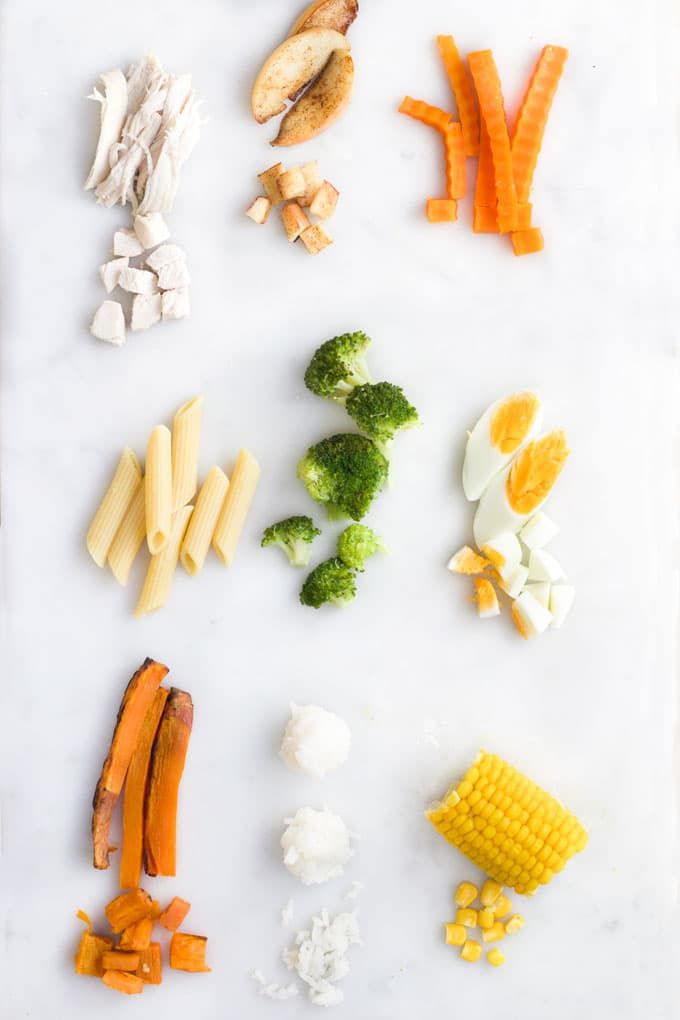 It has no added sugar, no juices or concentrates, and no preservatives, artificial colours or flavours. Just fruit and veggies. Give it a try, we are sure your baby will love it!
It has no added sugar, no juices or concentrates, and no preservatives, artificial colours or flavours. Just fruit and veggies. Give it a try, we are sure your baby will love it!
Ingredients
Apple (77%), Mango (19%), Sweet Potato (4%), <0.5% Fruit Acid (Citric Acid).
What's in the box
1 x Rafferty's Garden Baby Food Pouches 120g For 6m+
Rixos Premium Bodrum - All-inclusive Resort in Bodrum
Our services
- Air conditioned
- Babysitting on request
- Bar
- Child facilities
- Convention centre
- Meeting room(s)
- Car park
- Swimming pool
- Private bathroom
- Restaurant
- Kettle
- Tennis
Overview
Rixos Premium Bodrum offers activities galore, making it the perfect destination for revitalising mind, body and soul. Nestled between the sparkling turquoise waters of the Aegean sea and the stunning national parks of the Bodrum Peninsula, the hotel is a haven for sunseekers and watersport enthusiasts.
Bodrum is a glamorous destination with magnificent beaches and lively nightlife. Our sophisticated hotel will spoil even the most discerning guest with luxurious accommodation, distinguished restaurants and world-class entertainment.
Our renowned Turkish hospitality is evident from the moment of arrival, and Turkish traditions and touches can be found throughout the hotel with authentic Turkish cuisine and at the heart of the wellness facilities is the traditional Turkish bath.
Nestled between the sparkling turquoise waters of the Aegean sea and the stunning national parks of the Bodrum Peninsula, the hotel is a haven for sunseekers and watersport enthusiasts.
Bodrum is a glamorous destination with magnificent beaches and lively nightlife. Our sophisticated hotel will spoil even the most discerning guest with luxurious accommodation, distinguished restaurants and world-class entertainment.
Our renowned Turkish hospitality is evident from the moment of arrival, and Turkish traditions and touches can be found throughout the hotel with authentic Turkish cuisine and at the heart of the wellness facilities is the traditional Turkish bath.
The Zeytinli kahve Location
Turkey, BODRUM
- Tel: (+90)252/3371122
- Fax: (+90)252/3371228
Check-in14 h
Check-out12 h
Rooms & Suites & Villas
Rooms (4 types)
Deluxe Room, Garden View
Our Deluxe Room Garden View room is positioned to offer you a sumptuous lush landscape, all rooms with balcony.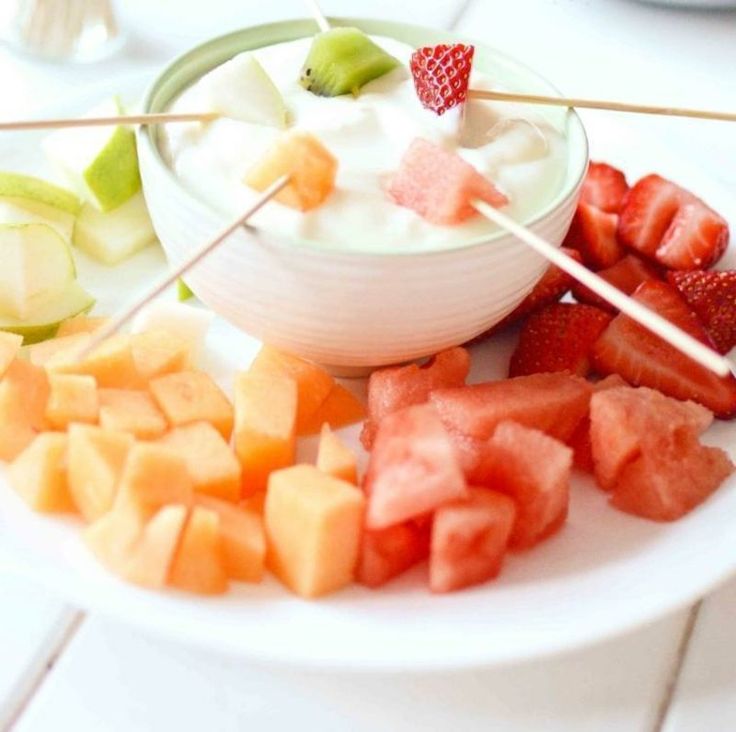 Rooms are perfectly appointed to rest and rejuvenate in delightfully serene setting. 42 m² deluxe room accommodating 3 guests.
Rooms are perfectly appointed to rest and rejuvenate in delightfully serene setting. 42 m² deluxe room accommodating 3 guests.
Deluxe Room, Sea View
Elegantly decorated, enjoy our 42 m² deluxe rooms, with your own private balcony and breathtaking views of the Aegean Sea, relax and benefit from both the sunrise and sunset. Marble bathrooms and state of the art finishes to ensure you relax.
Premium Room, Sea View
All our spacious Premium rooms have a large terrace with panoramic views of the bay overlooking the Aegean Sea. Rest and rejuvenate in this 52 m² Sea facing room of calm, blue waters. Double bed and sofa.
Executive Room
Fully renovated modern Executive Room is composed of one bedroom, bathroom with a rain shower & WC and a balcony with picturesque garden view.
Suites (5 types)
Deluxe Suite, Garden View
Our elegant and spacious Suites features a large balcony with lush garden views. Offering ample living area and a separate deluxe bedroom, this 54 m² Suite is the perfect choice to relax and unwind with your loved ones.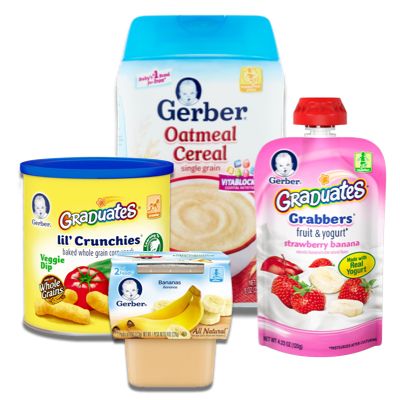 Can accommodate 2 adults.
Can accommodate 2 adults.
Superior Suite, Garden View
The Superior Suite is a spacious deluxe space,with 2 large bedrooms and a separate living area, a great choice for families and ideal for special holiday moments. Bright and airy, the 92 m² suite also has a private terrace with lush garden views.
Suite Grand Executive with Terrace
Fully renovated modern Executive Suite with terrace offers a new level of luxury vocation on the Aegean coast. The suite is composed of two bedrooms, living room, two bathrooms with shower & WC and a spacious terrace with stunning sea view.
Suite Executive
Fully renovated modern Executive Suite with sea view offers a new level of luxury vocation on the Aegean coast. The suite is composed of two bedrooms, seating area, bathroom with a rain shower & WC and a spacious balcony with stunning sea view.
Suite Grand Executive
Executive Suite with terrace offers a new level of luxury vocation on the Aegean coast.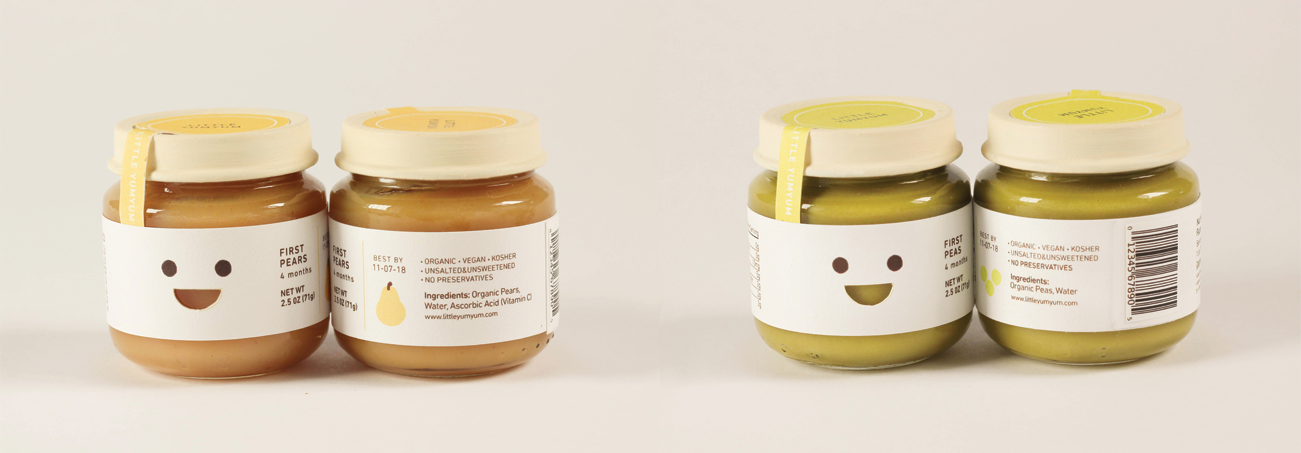 The suite is composed of two bedrooms, living room, two bathrooms with shower & WC and a balcony with a garden view.
The suite is composed of two bedrooms, living room, two bathrooms with shower & WC and a balcony with a garden view.
Villas (4 types)
Panorama Villa
The Panorama Villa is a 2 storey 400 m² luxurious home. 2 bedrooms upstairs, separate living area downstairs including a large terrace with breathtaking views and private swimming pool. Butler service, a club car and access to the beach pavillions.
Superior Villa
The 2 storey Superior Villa 600 m² offers 2 living rooms with panoramic views. Equipped kitchen, a large terrace and private swimming pool. 5 bedrooms upstairs with private bathrooms. Butler service, a club car and private access to the beach pavillions.
Diamond Villa
Diamond Villa has view of islands and the Aegean Sea,with two private pools.The villa offers accommodation with butler service,maximized luxury and advantages like spa room, living room with piano,tea lounge with private path to the Cleopatra Beach
Executive Villa
The 3 storey Executive Villa 840 m² offers 6 bedrooms and 2 living rooms with panoramic views.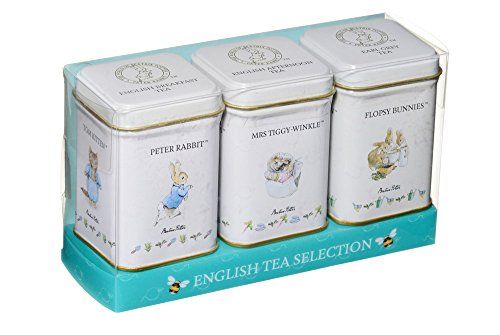 Equipped kitchen, a large terrace and private swimming pool. Butler service, a club car and private access to the Cleopatra beach
Equipped kitchen, a large terrace and private swimming pool. Butler service, a club car and private access to the Cleopatra beach
Abundant Flavours
Eating and drinking are two of the greatest pleasures and no more so than when enjoyed on holiday. Dining at Rixos Premium Bodrum is a relaxed affair, with spectacular restaurants amongst the gardens with fabulous views and menus carefully created by our professional team of chefs.
Eating and drinking are two of the greatest pleasures and no more so than when enjoyed on holiday. Dining at Rixos Premium Bodrum is a relaxed affair, with spectacular restaurants amongst the gardens with fabulous views and menus carefully created by our professional team of chefs.
Dining
Restaurants (6)
The restaurants at Rixos Premium Bodrum serve distinguished specialities from the most elegant cuisines around the world using only the finest ingredients. Fresh seafood, modern Turkish dishes and local Aegean flavours are served alongside international favourites from Italy and Greece to take you on a gastronomic journey from breakfast to dinner. *Kalamata, L'olivo and Umi Teppanyaki A la carte restaurants are open between 20 May - 15 September 2022.
*Kalamata, L'olivo and Umi Teppanyaki A la carte restaurants are open between 20 May - 15 September 2022.
TURQUOISE
As the main restaurant Turquoise is famous for its unique services breakfast, lunch, dinner and night meals.
KALAMATA
The finest ingredients unite with delicious seafood from the Aegean Sea. At Kalamata, your beachfront table is waiting for you with never to be forgotten seafood experience. Kalamata Restaurant is open between 20 May - 15 September 2022.
PEOPLE'S SNACK RESTAURANT
During the day, evening or late night. No matter what time it is. Whenever you get hungry, pop into our 24-hour bistro restaurant. Feast with exciting street delicacies from all around the world and stunning sea view.
L'OLIVO
L'olivo offers warm, elegant and delicious Italian cuisine for special diners for an unforgettable experience. L'olivo Restaurant is open between 20 May - 15 September 2022.
UMI TEPPANYAKI
An immersive dining experience with traditional Teppanyaki against the Aegean Sea awaits at Umi. Our talented chefs will prepare the best Far East and Japanese Cuisine with shows. Umi Teppanyaki Restaurant is open between 20 May - 15 September 2022.
Our talented chefs will prepare the best Far East and Japanese Cuisine with shows. Umi Teppanyaki Restaurant is open between 20 May - 15 September 2022.
Patisserie Art
Patisserie Art is the perfect place to relax with friends over morning coffee and afternoon tea. Be tempted by the perfectly flaky croissants baked fresh each morning and the decadent cakes and exquisite homemade pastries, gateaux and eclairs.
Bars and pubs (3)
Rixos Premium Bodrum has no fewer than 3 bars serving everything from a refreshing ice-cold drink in the shade to a glass of wine from and our excellent global wine menu.
NERIA BEACH BAR & NIGHT CLUB
Sea & See Bar is a T-shape pier's bar that serves a wide selection of drinks by the sea. It is relaxed but a lively place.
OLIVER
The bar serves 24-hours and a wide selection of alcoholic and non-alcoholic drinks, as well as an extensive tea and coffee selection, served alongside indulgent hand-made chocolates, mini macaroons, cheesecake, warm snacks, and mini sandwiches.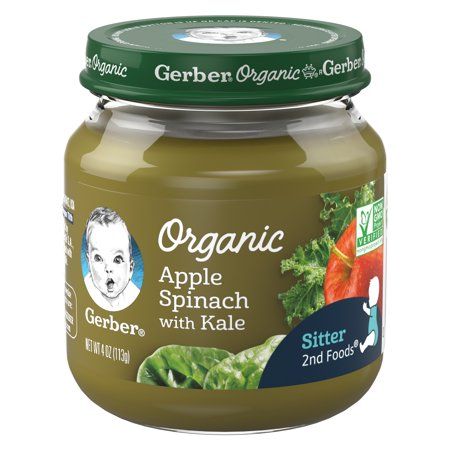
POOL BAR
The h3O Bar is a refreshing point to replenish you with ice-cold drinks while sunbathing or enjoying yourself by the pool.
Activities and Entertainment
Rixy Kids Club
The Rixy Kids Club is a legend in children's worlds. At Rixos Premium Bodrum, we offer an exciting world for our little guests. While enjoying their dream holiday, they will be able to learn new things and have fun with special activities under the supervision of our expert teams. Children will make new friends and have the time of their lives. The Rixy Kids Club awaits children from all age groups with the Aqua Park, Rixy Music Academy, cinema, special restaurant, entertaining activities and so much more. All for the happiness of our little guests!
ACTIVITIES
- Rixy Check-In Table
- Rixy Music Academy
- Baby formula intended for babies
- Rixy Aqua park & Cinema
- Mini Disco
- Kids’Fair, Futbol
- FacePainting
- TreasureHunt
- Cake, Pizza Workshop
- Kids’Show
- T-ShirtPainting
- Playground
- Kite Festival
- Sandbox
Baby Rooms
RixyMini Room: Children of 4-5 years of age are in good hands of experienced staff who are dedicated to ensure the youngest members of Rixy Club have a very special holiday
RixyHobby Art Workshop: Children of 6 to 8 years of age and 9 to 12 years of age will love having the freedom to express the artist within
RixyTeenage Club: Activities for specially arranged for teens
RixyCinema: Non-stop cinema pleasure continues on holiday… The most recent children's releases are found here.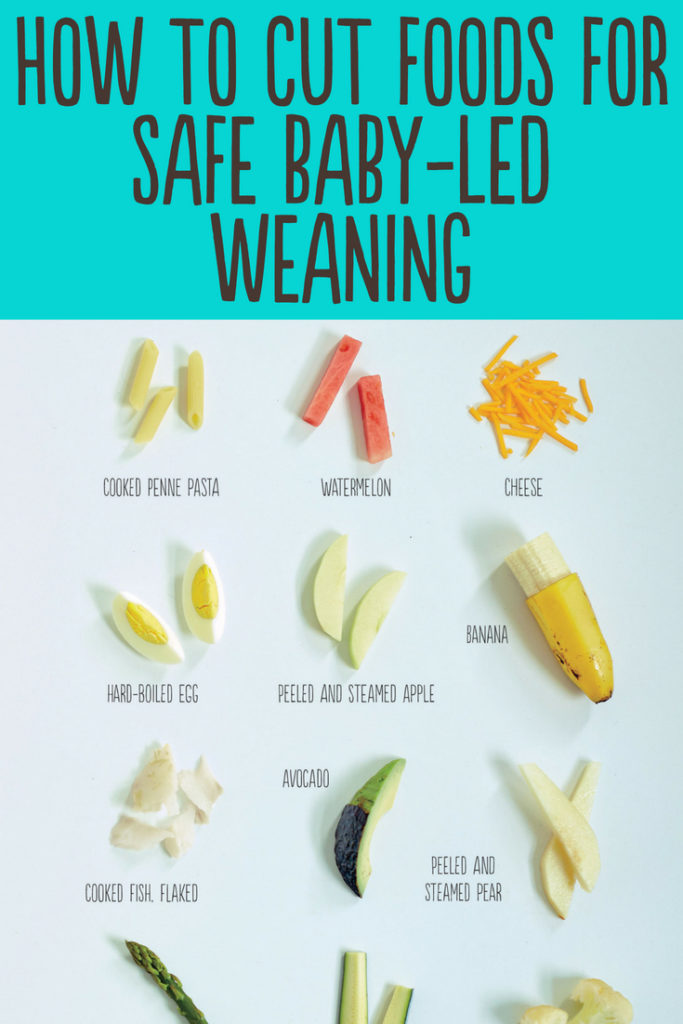
Playground: Children will experience their talents in nature
Mini Disco: Children can bop here and show off their dancing moves to the latest sounds
go to active tab
Active Outdoors
Rixos Premium Bodrum offers a fabulous selection of sports facilities, giving you the chance to indulge mind, body and soul trying out land or water sports.
Let your adrenaline spike while you’re parasailing, riding the banana, diving or enjoying the various water sports and stay in shape playing tennis, football, beach volley or relaxing with pilates and yoga. You can also enjoy diving, surfing or tennis lessons under the supervision of professional instructors.
go to active tab
Spa and Wellbeing
At the heart of the Rixos spa is the magnificent marble Turkish bath. The authentic treatments in the Hammam, including the foam and massage ritual, bring the true Turkish origins of Rixos to life.
For those seeking relaxation and the rejuvenation of mind, body and soul, the spa offers spa experiences from the East and the West to stimulate and indulge.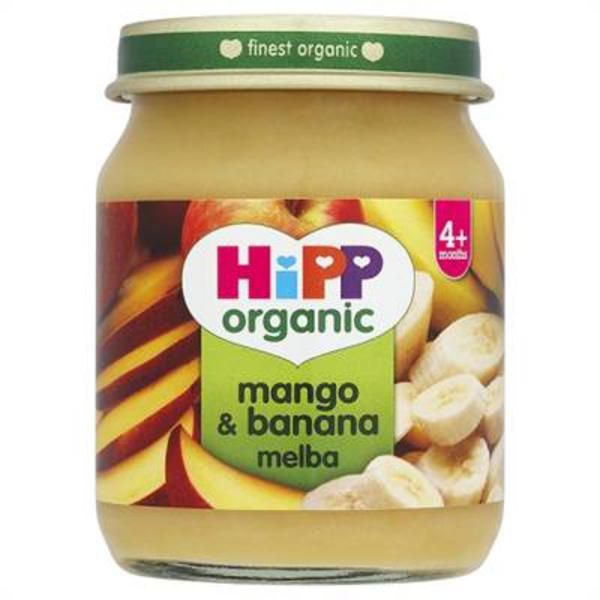 The Rixos spa will help you regain your inner peace and joy for life.
The Rixos spa will help you regain your inner peace and joy for life.
Learn more about the Spa and Wellbeing
go to active tab
Live(ly) Entertainment
Rixos is globally renowned for its entertainment programme. At Rixos Premium Bodrum, we go beyond our guests' imagination to create memories for life. From original artistic creations and concerts of international artists to activities and shows for children as well as pool parties and more, every day brings entertainment to everyone.
World-famous dance and circus shows
Excellent live music performances at the VIP pier
Morning activities
Evening activities
go to active tab
Guests reviews
100% genuine reviews from our guests
4.5/5
1157 reviews
find out more+
5/5family
07112022
Very beautiful, with upgraded
07112022
4.5/5Douglas G.family
05112022
Beautiful location, great food and facilities
Stayed in an executive suite, which was large, clean and very tastefully decorated and with a great view out to the bay.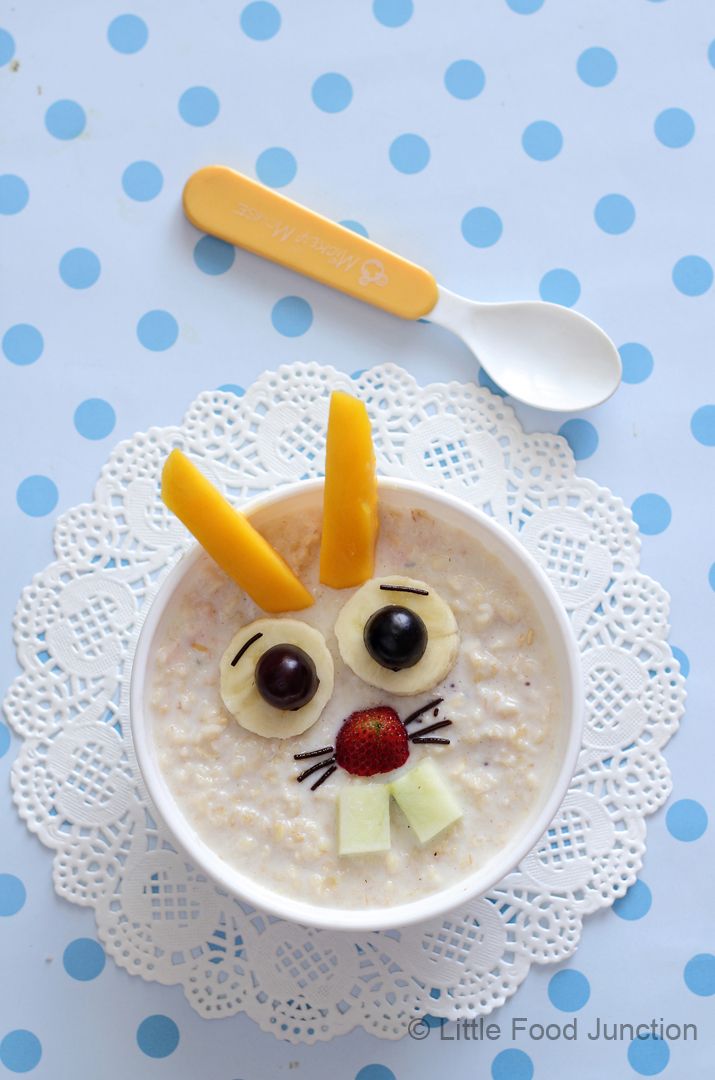 The sandy beach was lovely and not crowded and the hamman and spa were top notch. The food, particularly the Turkish dishes were very well prepared. We were very pleasantly surprised by how nice this place was.
The sandy beach was lovely and not crowded and the hamman and spa were top notch. The food, particularly the Turkish dishes were very well prepared. We were very pleasantly surprised by how nice this place was.
05112022
4/5Anil G.couple
01112022
It was an overall nice experience
We enjoyed our stay at your hotel. There were some great bits and some parts which I think can be improved. Property is really nice with great views, especially the little island that you have in front of the hotel. We loved the food at your peoples bar, but I think the food can be better at Turquoise.
01112022
3.5/5John C.friends
29102022
Pleasant
Good
29102022
5/5Vijay S. R. P.family
28102022
Very nice
Our stay was great and relaxing. Every premises in the resort is very clean and tidy. Every staff member we encountered are efficient, quick, very polite and professional. Facilities are all fantastic and made our stay memorable.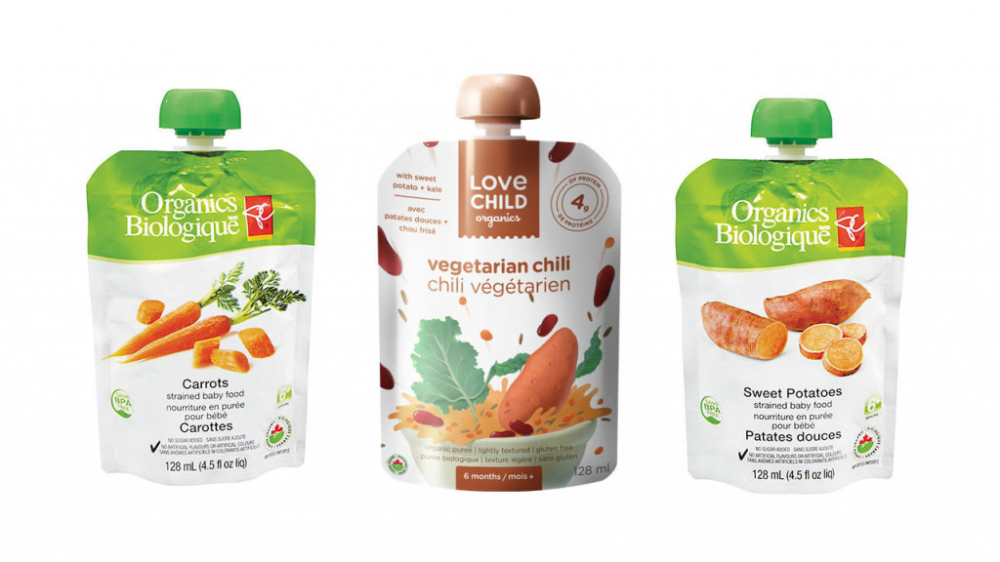 Surely we will visit again for a longer trip.
Surely we will visit again for a longer trip.
28102022
See more reviews
90,000 foods in kindergartenMunicipal budgetary preschool educational institution "Kindergarten No. 4 of the city of Leninogorsk" Municipal Education "Leninogorsk Municipal District" Republic of Tatarstan /Tatarstan Municipal Budget Municipalities Belem Bir around Leninogorsk Schһәreny Ballar Bucks "9000
Whether the baby will eat in kindergarten It depends not only on the staff of the preschool institution, but also on the parents.0005
There may be several reasons why a baby refuses to eat in the first days: the child's emotional state, unfamiliar dishes, inability to eat independently. Therefore, when preparing to visit a kindergarten, it is worth thinking about this problem in advance.
How do I prepare my baby for feeding?
First you need to bring the home diet closer to what will be in kindergarten. In preschool institutions, as a rule, breakfast is at 8.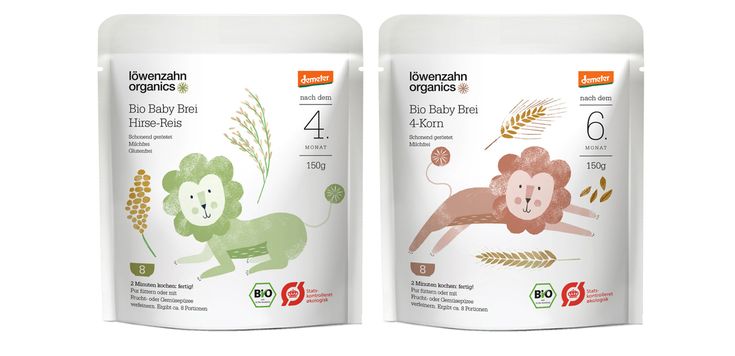 30, lunch is at 12.00 (for a nursery) and at 12.15 (for children 4-7 years old), afternoon tea is at 15.15. Children eat at home. The optimal time for dinner is 19.00 Before going to bed, the child is recommended a second light dinner, which may consist of kefir or milk.
30, lunch is at 12.00 (for a nursery) and at 12.15 (for children 4-7 years old), afternoon tea is at 15.15. Children eat at home. The optimal time for dinner is 19.00 Before going to bed, the child is recommended a second light dinner, which may consist of kefir or milk.
However, this regimen is not universal for kindergartens. Therefore, it is better to coordinate the baby's feeding schedule with the kindergarten in which he will go.
If the child's feeding time does not coincide with kindergarten, then it is necessary to switch to a new diet gradually. Children are hard to wean from the prevailing stereotype. With a sharp change in the feeding schedule, the baby may refuse to eat; after all, the feeling of hunger comes at the usual hours, and after a while the child's appetite fades away.
It is best to shift the feeding time gradually by 10-15 minutes, and this should be started at least 2-3 months before the child goes to kindergarten.
It is more difficult in kindergarten for those children whose parents did not adhere to any daily routine at all.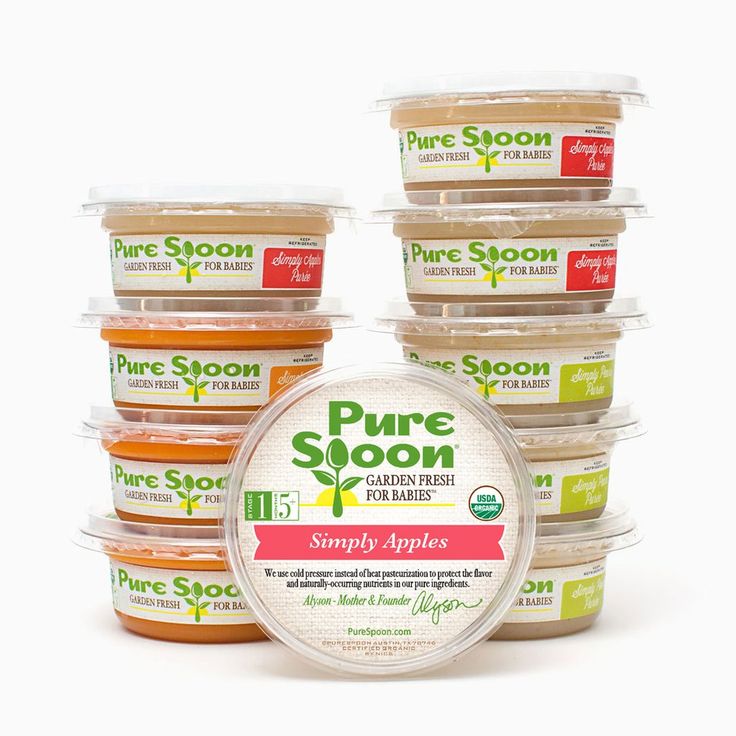 In this case, the diet must be established immediately upon admission of the child to a preschool institution. Kindergarten diet should be followed until school.
In this case, the diet must be established immediately upon admission of the child to a preschool institution. Kindergarten diet should be followed until school.
Do not overfeed your baby!
In kindergarten, the amount of food offered to a child is rationed. The amount of food is calculated taking into account the age of the preschooler. Thus, the daily consumption of products in grams for children ranges from 1000 g to 1700 g. The volumes of dishes offered for each feeding are also strictly observed.
Often, mothers, believing that their child is malnourished, give him much more food than his stomach can absorb. At home, such children eat less often, often refuse to eat, so they may feel hungry in the garden. During the day, the baby should receive as much food as his body needs. Putting the next portion on a plate for the crumbs, consider his age. Then the volume of food received by the child in the garden and at home will not differ much.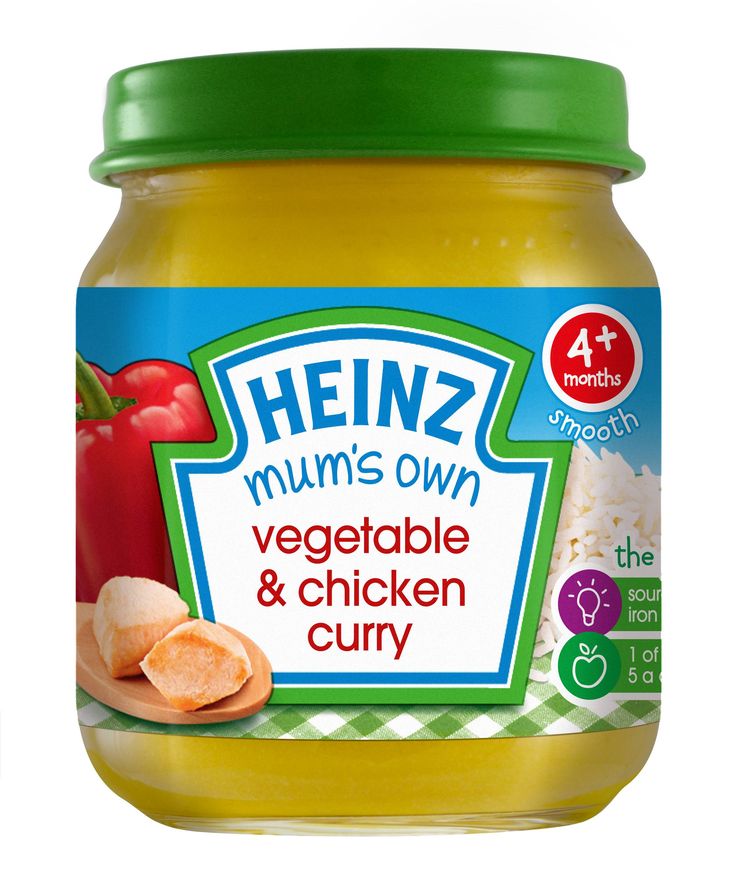
Gradually wean your baby from eating between feedings, since it is not allowed to bring food to kindergarten.
Make up your child's diet according to the kindergarten menu. Include meat, bread, vegetables, fruits, juices and vitamin drinks daily. You should not offer one product more often than others. If a child has developed a strong preference for certain dishes, then it will be much more difficult for him to adapt to a new cuisine.
After 1.5 years, the baby's diet should be varied enough. The child should know what borscht, mashed soups, mashed potatoes, compotes, kissels, casseroles and so on are. Your kid will not refuse them in kindergarten if he is used to such food at home.
You should also follow some rules for cooking at home. Dishes in kindergarten are low-fat, mostly cooked in vegetable and butter. Do not abuse sauces, mayonnaise, spices, spices. After such seasonings, the desire to eat simple food disappears. If in your family, someone prefers to eat like this, then it is better for the baby to cook separately.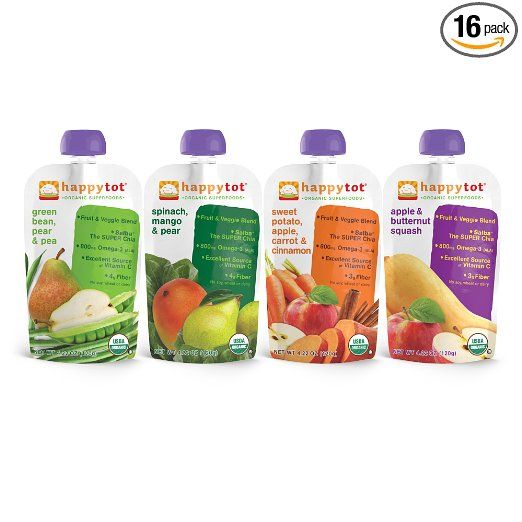
Teach your child to eat on their own
One of the reasons children refuse to eat in kindergarten is the inability to use a fork or spoon. If the baby after 1.5 years is still eating with your help, gradually accustom him to independence. Long before kindergarten, he should stop getting bottled food.
A child entering the kindergarten must be able to use a spoon and drink carefully from a cup. It has been noticed that children who, without the help of adults, can simply serve themselves (eat, wash, dress), adapt much faster to the conditions of a preschool institution.
Teachers note that beginners eat rather slowly and are the last to leave the table. In the process of eating, they are distracted by many things. Therefore, at home, try to ensure that from the age of 2 the child eats with you, the parents, at the common table. In addition, lunch or dinner in the children's team before entering kindergarten will also be a good experience for the baby.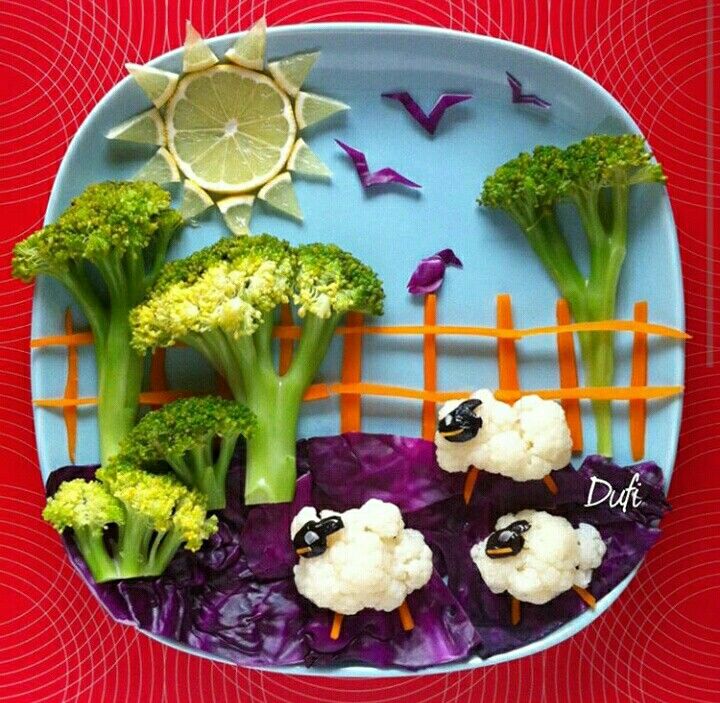
Pay attention to how long the child spends at the table. In kindergarten, feeding takes no more than 30 minutes. Even at home, the baby must learn to fit into these time frames.
Most of the problems with nutrition in the first days of attending kindergarten occur in toddlers. Their parents should pay more attention to our recommendations and do not forget about the psychological preparation of the child for the garden, because the emotional state, as you know, affects the appetite.
If you have questions about your baby's nutrition, it's a good idea to contact the nurse or head of the kindergarten of your choice. They will tell you about the specifics of this institution.
P The first day is the most difficult
The first days of a child's stay in kindergarten are the most difficult. An unfamiliar team, the absence of a mother, a change in the usual way of life. All this affects the emotional state of the baby.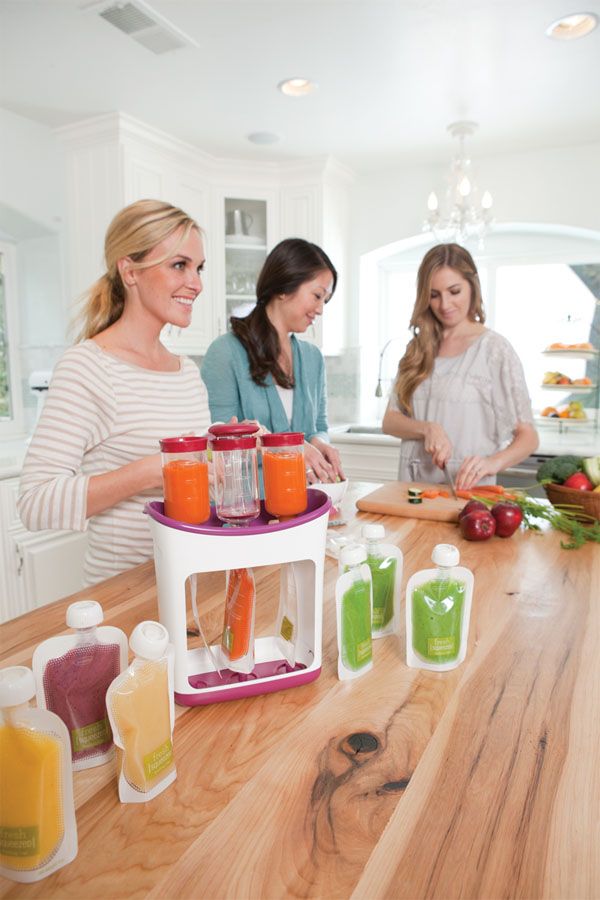 As a result, appetite decreases, and in vulnerable children, with an unstable nervous system, it may even disappear altogether. Moreover, some recruits refuse food and houses.
As a result, appetite decreases, and in vulnerable children, with an unstable nervous system, it may even disappear altogether. Moreover, some recruits refuse food and houses.
Therefore, more attention should be paid to the baby's nutrition during the first days of attending kindergarten. Experts advise during this period to cook more nutritious dishes fortified with vitamins and minerals at home for the crumbs.
Instead of the usual pasta and cereals, salads and vegetable dishes should be prepared more often. Be sure to include fruits, juices (preferably freshly squeezed), sour-milk drinks in the baby's diet. To fill the body's need for vitamins and minerals, it is recommended to give it vitamin preparations.
Give up sugary rewards for a while. They do not have a high nutritional value and, in addition, interrupt the child's appetite, so that he may refuse a full dinner at home. But in the first days, it is better to feed the crumbs at home with breakfast, warning the teacher that he has already eaten.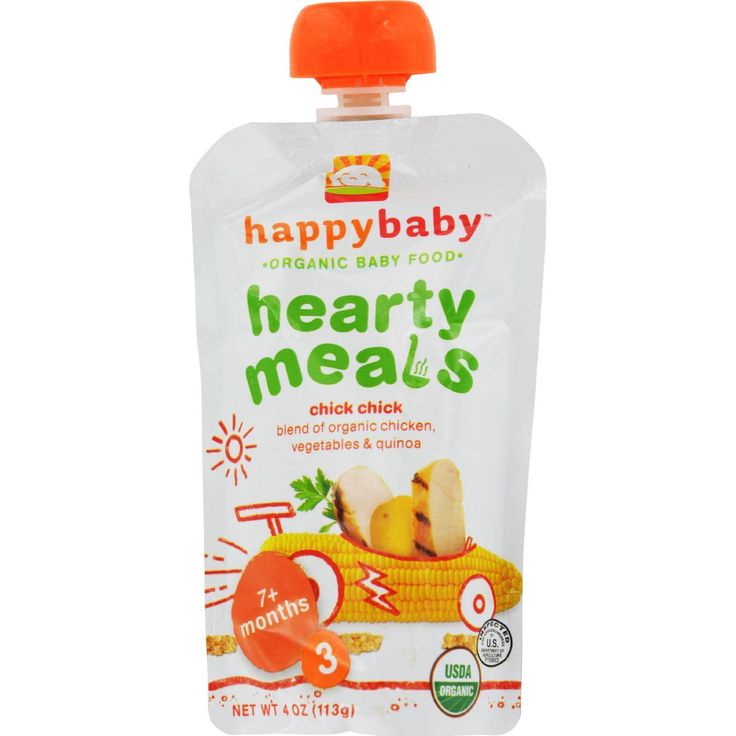
Always ask how the child eats during the day. Pay attention to the menu in kindergarten. Products that were in the child's daily diet should not be repeated at dinner.
When a small person enters the group, warn the teacher about the habits of your child. For a beginner in kindergarten, a sparing regimen is established. If your baby, for example, does not know how to eat on his own, then feeding him is the responsibility of the educator or nanny. Remember that you can’t force your baby to do something new. This may cause him to have a negative attitude towards kindergarten and unwillingness to attend it. New habits and skills are formed gradually. If you could not form them before kindergarten - do not rush!
If your child is allergic
If your child has an allergy, specific allergens (such as fish or bird feather allergy) must be listed on the child's medical record when they enter kindergarten.
You should also warn all educators and the nurse that your child is allergic, what food he may have a negative reaction to, and indicate that food should not be given to him in kindergarten.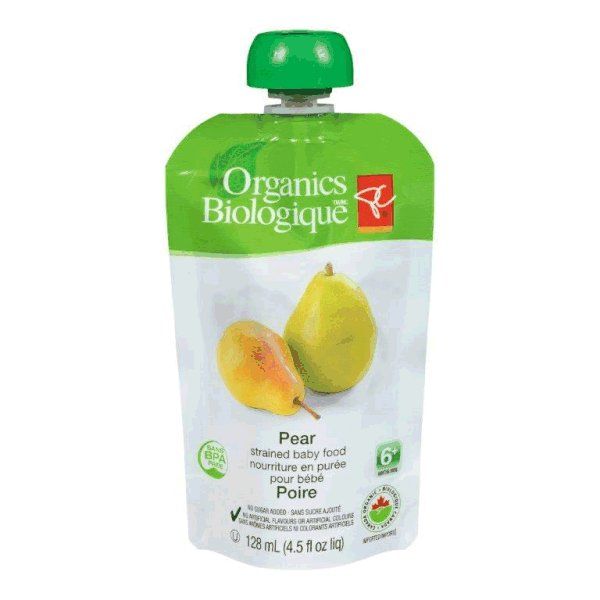
Kindergarten menu
Kindergartens usually have one common menu for children aged 1.5 to 7. The seasonality of nutrition is affected only by the fact that in the summer-autumn period they try to give children more vegetables and fruits, and in the winter-spring time, juices and fruits.
When compiling the menu, kitchen workers in kindergarten take into account:
• Daily set of products
• Portion size
• Cooking time
• Norms of interchangeability of products when preparing meals
• Loss rates during cold and heat treatment
• Data on the chemical composition of products and dishes
When compiling a daily diet, first of all, they take care of the presence in it of the main building material - protein. Animal protein sources are meat, fish, eggs, milk and dairy products. From vegetable products legumes, some cereals (buckwheat, oatmeal, millet) and bread are rich in protein.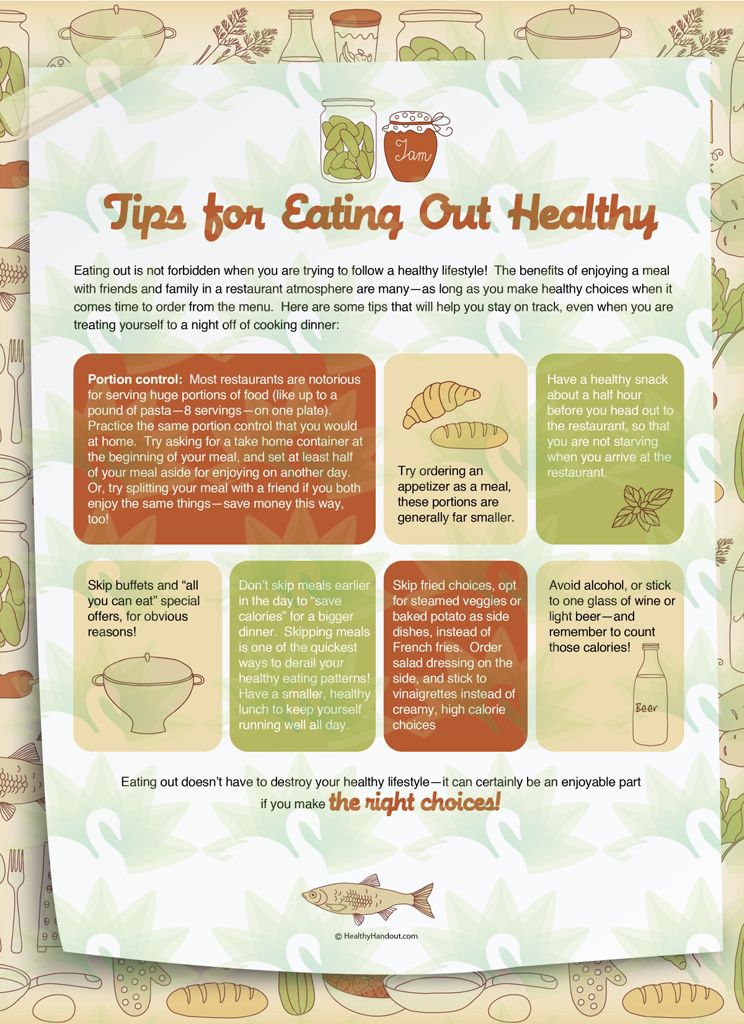
Most of the fat in a child's daily diet should be fats of animal origin. They are found in butter, cream, sour cream.
The total amount of vegetable fats (corn, sunflower, olive oil) is at least 15-20% of its total amount in the child's daily menu.
Refined sources of carbohydrates - sugar, jam, honey, confectionery - are less useful for the child. The main part of the baby's daily carbohydrate needs must be met through cereals, bread, pasta and, most importantly, vegetables and fruits.
The latter also contain vitamins, mineral salts and microelements that are important for the child's body. In addition, fruits and vegetables contain pectins, dietary fiber, fiber, which have a beneficial effect on digestion. The oils and flavors of many fruits secrete gastric juices and increase appetite. They are useful for children with reduced appetite. It is also necessary to include onion and garlic in the menu.
A child can eat some foods every day - milk, butter, bread, sugar, vegetables and fruits, meat.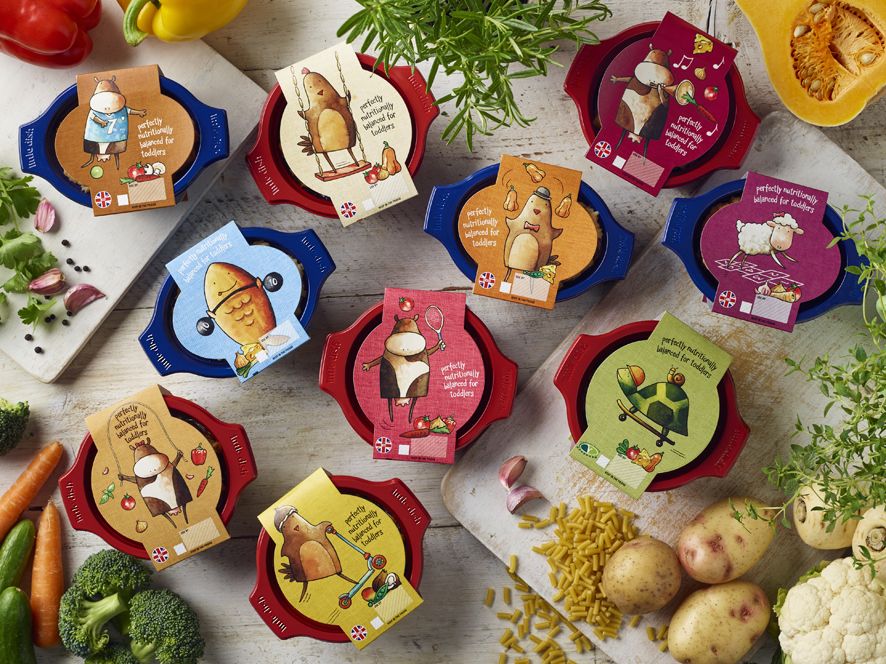 An egg can be given every other day, cottage cheese - after two days. But fish - once a week. On this day, the entire weekly diet of fish is completely consumed - about 250 g. Once a week, it is permissible to make a vegetarian or fish soup.
An egg can be given every other day, cottage cheese - after two days. But fish - once a week. On this day, the entire weekly diet of fish is completely consumed - about 250 g. Once a week, it is permissible to make a vegetarian or fish soup.
The menu for each day should not repeat dishes that are similar in composition. For example, if soup with cereals or noodles is prepared for lunch, then vegetables should be prepared for the side dish, and not porridge or pasta. It is also very beneficial for children to start their meal with a salad of raw vegetables or sour fruits, which stimulate the production of gastric juices and increase appetite. Vegetable salads are given in small quantities, but regularly, in order to develop the habit of eating fresh vegetables in the child.
Another indispensable condition when compiling the menu is to take into account the requirements of the Sanitary and Epidemiological Service regarding prohibited foods and dishes, such as sausages, smoked meats.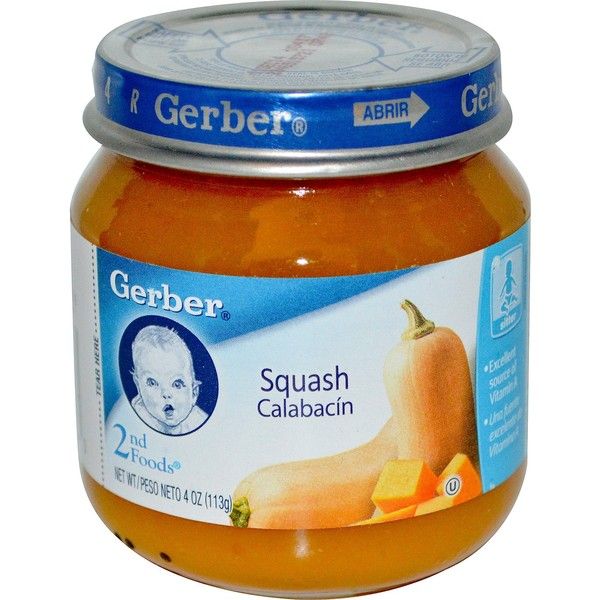 In addition, special attention is paid to the health of the staff working in the kitchen in the kindergarten.
In addition, special attention is paid to the health of the staff working in the kitchen in the kindergarten.
The process of eating cannot be complete without the appropriate environment. With the wrong approach to the feeding process, especially when the baby is forced to eat or fed with entertainment, persuasion, he has a negative reflex to any food.
Each child in the garden is assigned a permanent place at the table, and the teachers make sure that it is comfortable for him to sit and use cutlery. Each group should have chairs that are age appropriate for the children. Tableware requirements: stability, convenience and compliance with portion sizes.
Bon appetit!
Meals in kindergarten - "Snow Maiden" - Kindergarten No. 4
One of main tasks kindergarten is to ensure the constitutional right of every child to protection of his life and health.
Children's health cannot be ensured without rational nutrition, which is a necessary condition for their harmonious growth, physical and neuropsychic development, resistance to infections and other adverse environmental factors.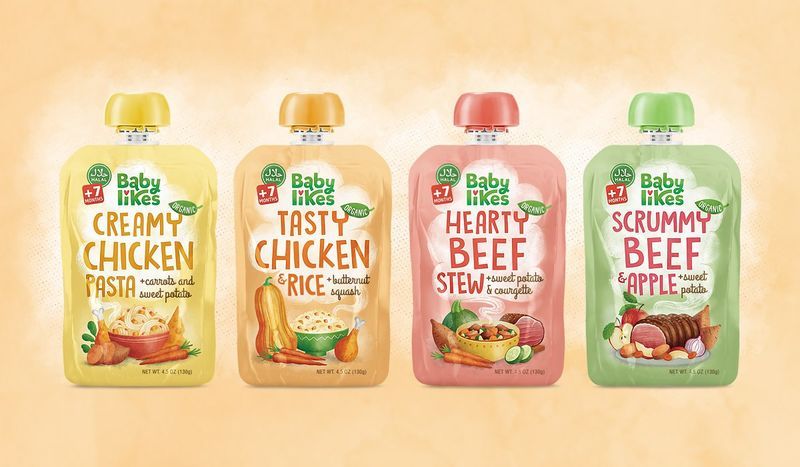
Properly organized nutrition provides the body with all the nutrients it needs (proteins, fats, carbohydrates, vitamins and mineral salts) and energy.
The basic principle nutrition of preschool children is the maximum variety of food rations, which is achieved by using a sufficient range of products and various cooking methods.
Principles of nutrition for children in kindergarten:
0005
2. Excluded from the diet are foods and dishes that can have a negative effect on the mucosa of the digestive organs, as well as foods that can lead to poor health in children with chronic diseases without the stage of exacerbation) or compensated functional disorders of the gastrointestinal tract (sparing food).
3. Taking into account the individual characteristics of children (including their intolerance to certain foods and dishes).
4. Ensuring sanitary and epidemiological food safety, including compliance with all sanitary requirements for the state of the catering department, food supplied, their transportation, storage, preparation and distribution of dishes.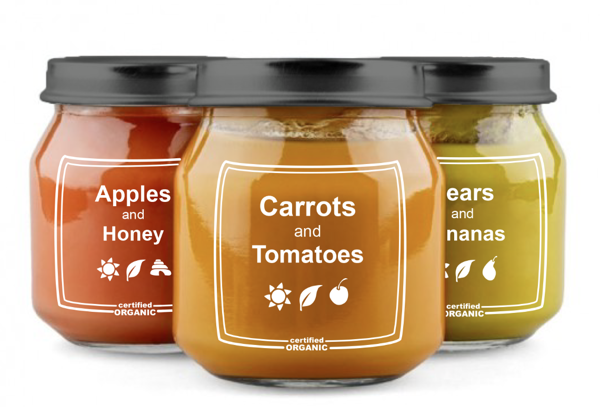
Dear parents, please pay attention to the following recommendations:
1. The food of the child in the preschool institution and in the family should be combined. For this purpose, a menu is posted in each group.
2. Please study it carefully, if your child has chronic diseases and any contraindications to certain foods, please notify the nurse and group educators about this.
3. Do not feed your child until the child is sent to kindergarten, as this disrupts the diet and leads to a decrease in appetite. If you bring a child from 7.00-7.30, then at home you can give juice and (or) some kind of fruit.
Peculiarities of the child's nutrition during the period of adaptation:
1. The transition of a child from home education to education in a children's team is always accompanied by certain psychological difficulties. Often in children at this time, appetite decreases, sleep is disturbed, neurotic reactions are sometimes observed, and the overall resistance to diseases decreases.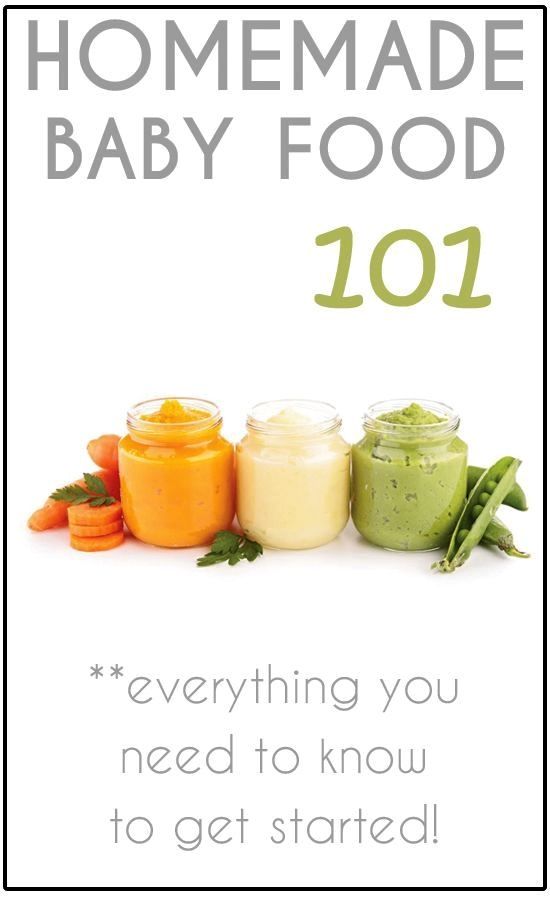
2. Proper nutrition at this time is of great importance and helps the child to quickly adapt to the team.
3. Before the child enters the kindergarten, bring the diet and composition of the diet as close as possible to the conditions of the kindergarten.
4. Get him used to those meals that are more often given in preschool, especially if he has never received them before.
5. For the first few days, you can not change the stereotype of the child's behavior, including eating habits. At first, if the child did not eat on his own, the educators will definitely feed and supplement him.
6. If a child refuses to eat, never force feed him. This reinforces the negative attitude towards the children's team.
7. For the prevention of acute respiratory infections and acute respiratory viral infections, additional fortification of the diet of children should be carried out, using a wide range of fortified foods and drinks available, and, if necessary (at the doctor's conclusion), also multivitamin preparations (vitamin-mineral complexes).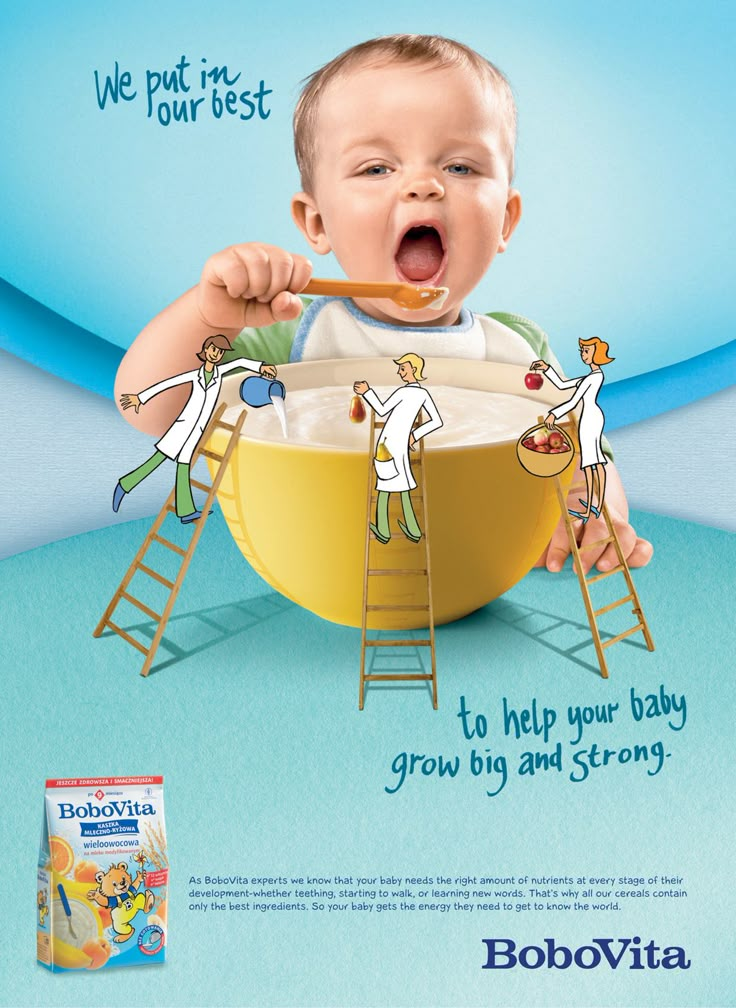
Kindergarten food
A separate topic is food in kindergarten. Contrary to popular belief that the food there is tasteless and unattractive, we dare to assure you that
it is not. The diet in kindergartens is calculated to the smallest detail - it contains fruits, vegetables, cereals, meat or fish, dairy products, etc.
The fact that many children refuse to eat kindergarten food is partly the fault of their parents, who "accustomed" them to newfangled sweet yogurts, cereals and other delights. Therefore, the advice to parents is simple - teach children to eat ordinary and healthy food - soups, cereals, salads, etc. - and then there will be no problems with food in the kindergarten.
But it is not uncommon to meet children who do not have a good appetite from birth. The main thing here is to talk with the teacher and explain the situation so that in no case does he force the child to eat - this can provoke disgust not only for food, but also for kindergarten, as well as for all teachers.